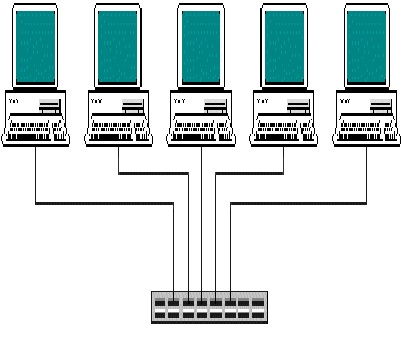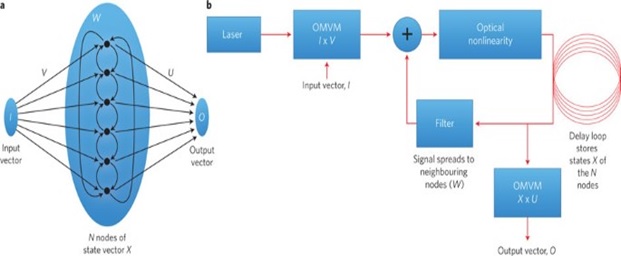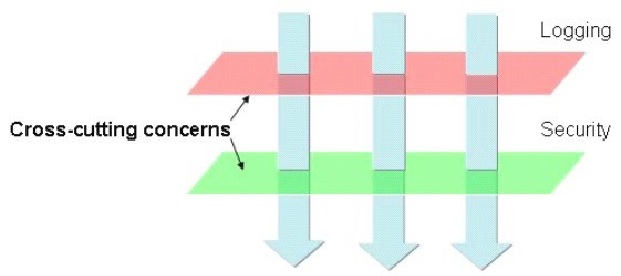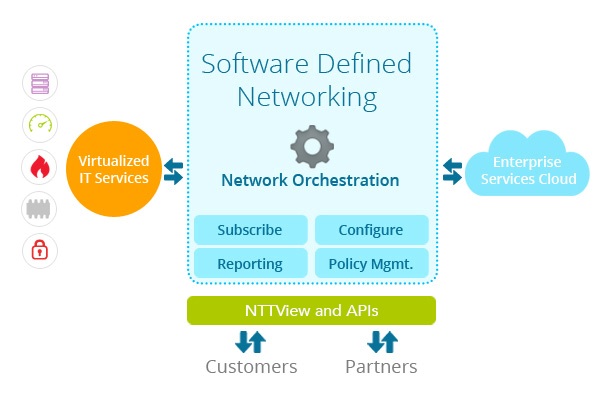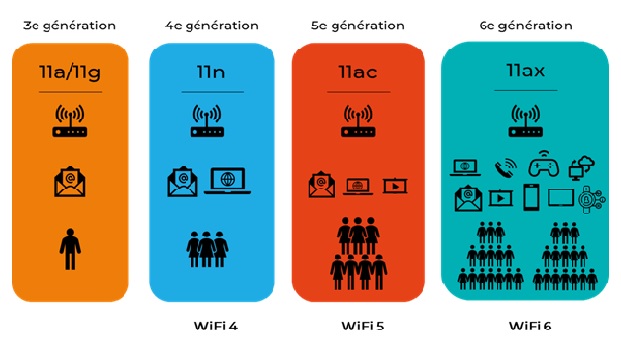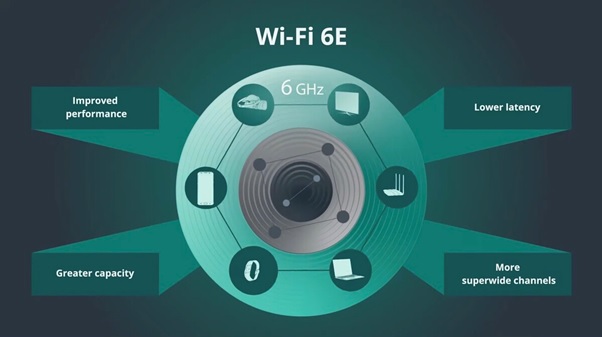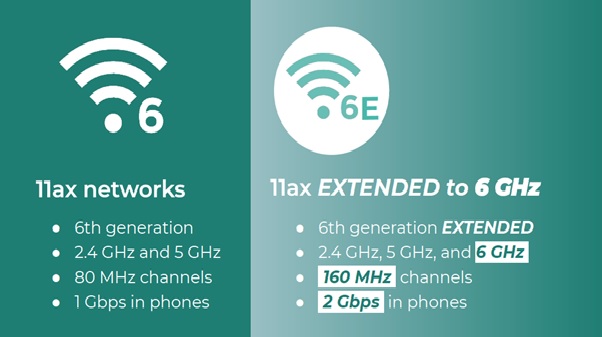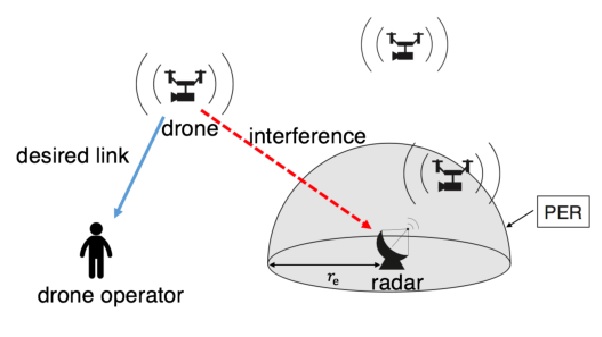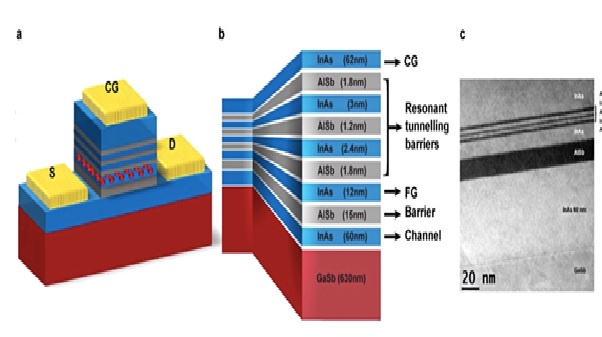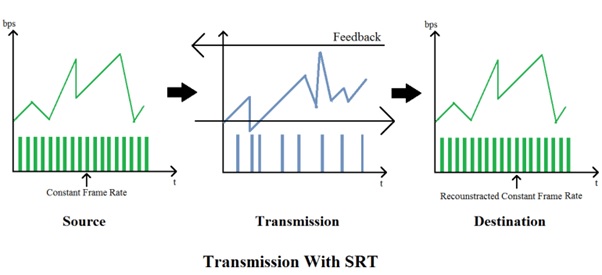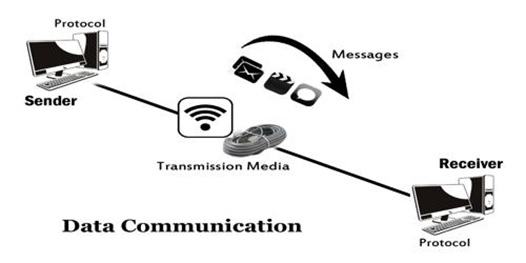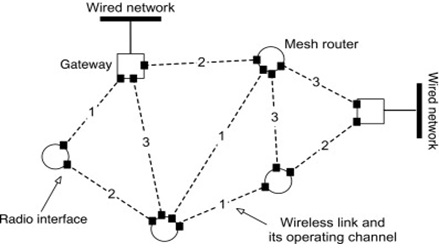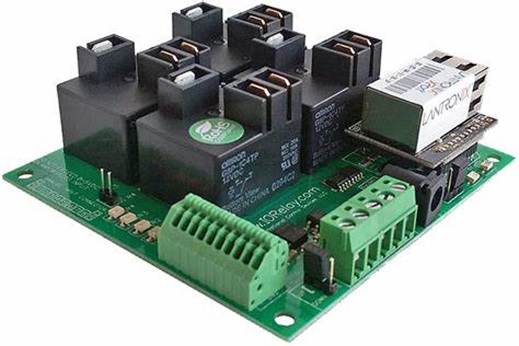Jio Partners With AMD, Cisco, and Nokia to Develop AI-Powered Telecom Platform
The initiative, spearheaded by Jio Platforms Limited, will integrate AMD’s computing solutions, Cisco’s networking and security, and Nokia’s RAN and core technologies.

Figure 1. Jio Collaborates with AMD, Cisco, and Nokia to Create AI-Driven Telecom Platform.
One of the most notable announcements at this month’s Mobile World Congress (MWC) in Barcelona was the partnership led by India’s mobile operator Jio Platforms Limited (JPL). Jio has teamed up with AMD, Cisco, and Nokia to create an AI-enabled platform for telecom networks. The initiative aims to enhance network intelligence, security, and efficiency, enabling service providers to reduce costs and offer new services. Figure 1 shows Jio Collaborates with AMD, Cisco, and Nokia to Create AI-Driven Telecom Platform.
For those unfamiliar with Jio, the subsidiary of Reliance is among the world’s largest mobile operators, with over 480 million subscribers. While China Mobile surpasses Jio in terms of users, Jio surpasses all other operators in mobile data traffic, according to Mathew Oommen, group CEO of JPM.
As bandwidth prices have continued to drop over the years, Jio has been able to offer services at more affordable rates. “When we launched Jio in 2016, the cost of bandwidth was about $6 per gigabit. Today, it’s less than 10 cents,” Oommen explained during MWC25.
With India being one of the most digitally connected countries, Jio is focused on making AI accessible to all. “We want to democratize AI because we don’t want it creating a new divide, the AI divide, similar to the digital divide we faced a few years ago,” Oommen stated.
To achieve this, it's not just the cost of network or chip pricing that needs to decrease, but the entire ecosystem.
“This isn’t just about the cost per gigabit; it’s also about the cost of tokens, power, infrastructure, and security. That’s why we wanted to bring these vendors together,” Oommen explained.
The Open Telecom AI Platform will function as an intelligent network control system, leveraging a combination of large language models (LLMs), domain-specific small language models (SLMs), and non-generative AI machine learning (ML) techniques. It will integrate the expertise of its partners: AMD’s computing solutions, Cisco’s networking and security capabilities, and Nokia’s RAN and core technologies.
Designed to be accessible and flexible, the platform will enable telecom providers worldwide to incorporate AI into various parts of their infrastructure, including radio access networks (RAN), security systems, data centers, and network routing. This will make networks more manageable, responsive, and capable of delivering a smoother user experience.
Jio will be the first to implement the platform, hoping to set a precedent for other telecom providers globally. According to Jio, the aim is to create a model that can be easily adopted by others in the future. Oommen anticipates the first innovation from this collaboration will emerge within this calendar year.
For Cisco, this partnership marks the continuation of a strategy implemented several years ago to become more interoperable and open. Historically, Cisco faced criticism for being too closed and proprietary, often keeping customers locked into its ecosystem. While the competitive criticism may have been exaggerated, there was some truth to it.
However, Jeetu Patel, who became Cisco’s chief product officer last year, has been driving change in this area.
“Over the past three to four years, we’ve made significant progress. We have partnerships with Microsoft in security; our collaboration products work with Microsoft Teams and Zoom; our XDR takes in telemetry from competitors; and we have collaborations with multiple AI companies,” Patel shared.
The shift toward openness is something that all vendors should embrace, as it fosters better competition, drives innovation, and lowers costs. The democratization of AI can have a similar transformative effect as making the internet ubiquitous. The Open Telecom AI Platform allows more companies to engage with AI, sharing in its benefits and creating a “rising tide” that could radically reshape the telecommunications industry—something long overdue.
AI is on the horizon, but it will only be impactful if it's accessible to all. While the Jio-led initiative will first be trialed and deployed in India, there’s hope that other service providers will follow suit. AI is rapidly becoming network-centric, placing network operators in a strong position to become key vendors for their customers. However, a similar opportunity with cloud computing was missed by telecom companies. The question now is: will they let the same thing happen with AI?
Source: NETWORK WORLD
Cite this article:
Priyadharshini S (2025),”Jio Partners With AMD, Cisco, And Nokia to Develop AI-Powered Telecom Platform", AnaTechmaz, pp. 155


